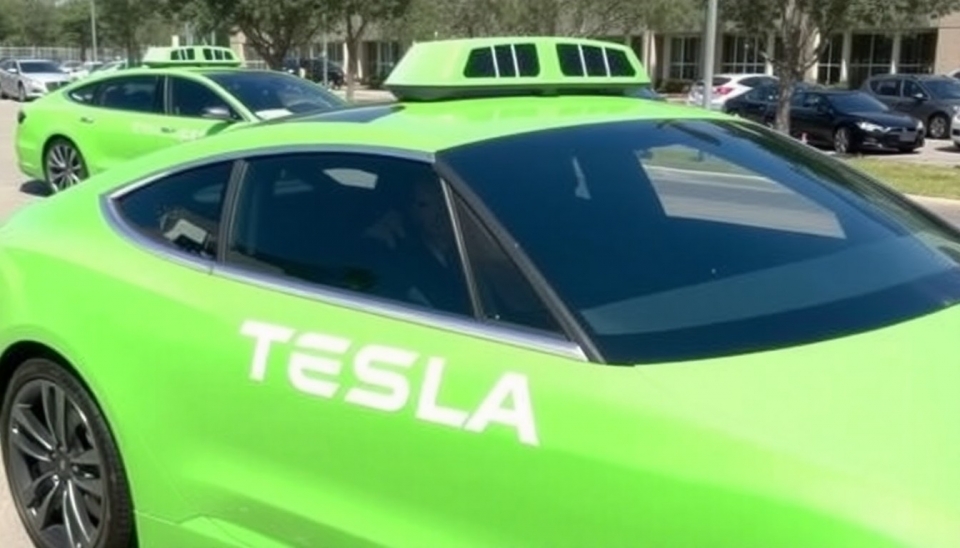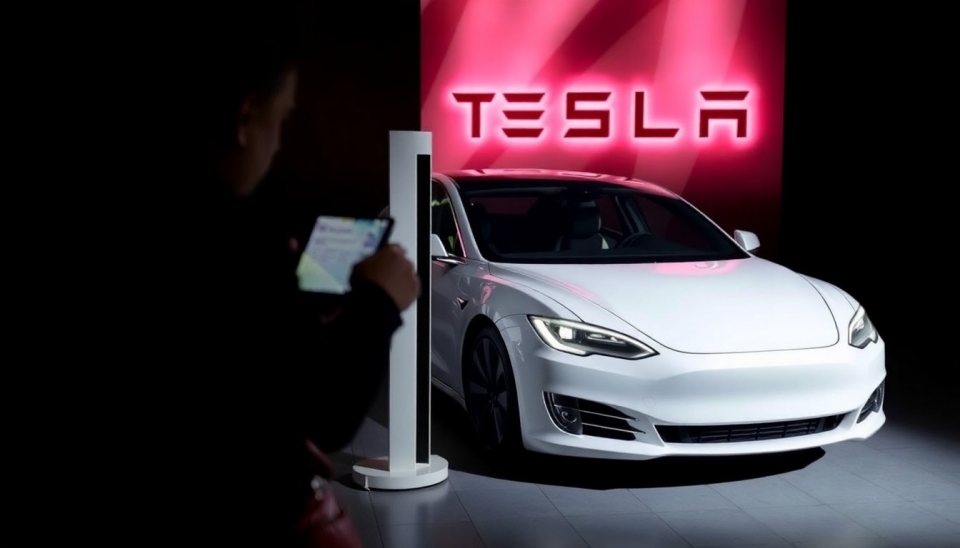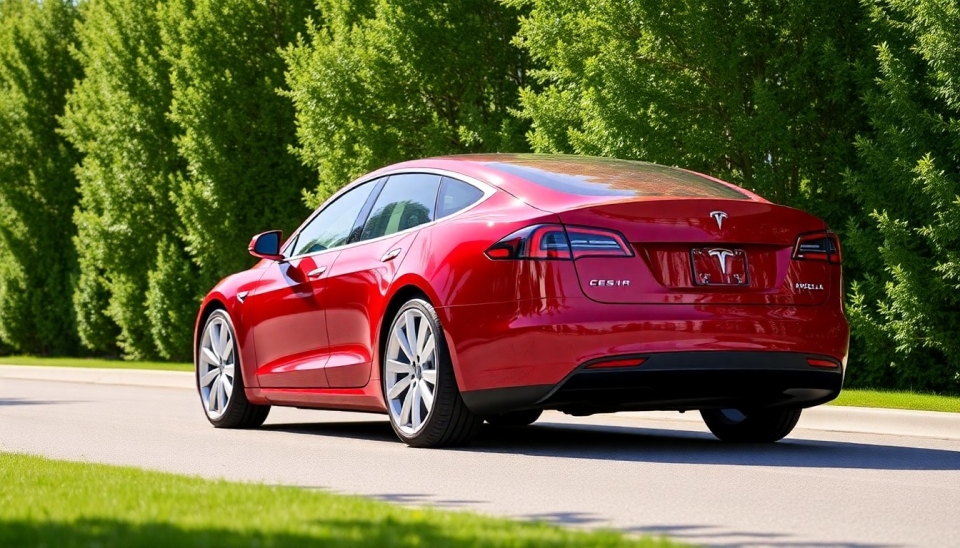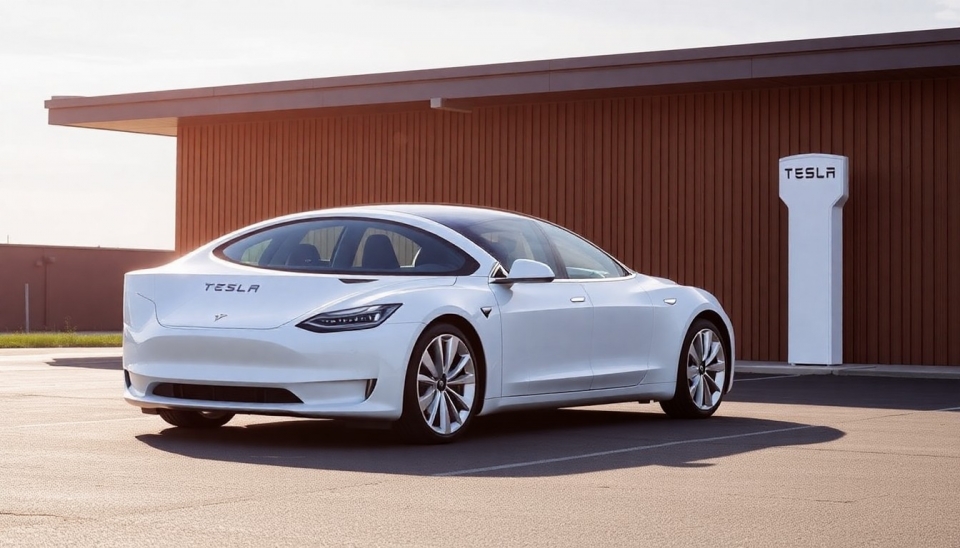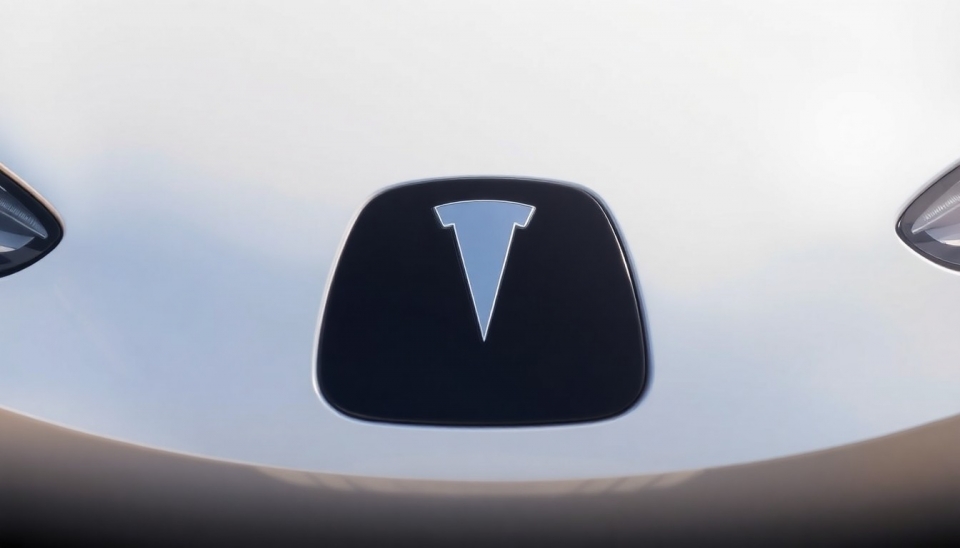
In a striking shift within the electric vehicle landscape, Tesla is currently facing significant challenges as Asian competitors make substantial inroads into India's budding electric vehicle (EV) market. As the demand for EVs continues to rise in the country, brands such as BYD, Tata Motors, and others are establishing a strong foothold while Tesla grapples with slow progress and regulatory hurdles.
Tesla, renowned for its cutting-edge technology and innovative approaches, has been notably slow to launch its vehicles in India. The American automotive giant initially set high expectations for entering the Indian market but has encountered numerous roadblocks, including regulatory delays, stringent import duties, and an intricate approval process. These challenges have stunted Tesla's growth and market penetration in a country that shows immense potential for electric mobility.
Meanwhile, local manufacturers and Asian counterparts like BYD and Tata Motors have seized the opportunity, ramping up production and expanding their EV offerings tailored to the Indian consumer. Tata Motors, India's largest carmaker, has gained significant traction with its affordable electric models, making waves among price-sensitive buyers who are eager to transition away from fossil fuels.
BYD, on the other hand, is gaining momentum in the premium EV segment, appealing to affluent consumers looking for high-performance vehicles. The company's strong presence in India is highlighted by its ability to cater to the rising demands of environmentally conscious buyers while offering competitive pricing, further giving it an edge over Tesla.
Government incentives and increasing infrastructure for EV charging stations have also contributed to the rapid growth of the electric vehicle sector in India. Policies aimed at promoting clean energy transportation have created a conducive environment for both domestic and international manufacturers. In contrast, Tesla’s inability to localize its production, coupled with the high import tariffs, has led analysts to speculate that the company may need to adopt a more localized approach to succeed in the Indian market.
As the competition intensifies, Tesla faces the risk of losing its foothold in a market that is quickly becoming a battleground for various automakers. The Indian government’s commitment to reducing carbon emissions and fostering sustainable transportation means that the EV market will only continue to expand, prompting more players to enter the fray.
In conclusion, while Tesla has been a dominant force in the global EV arena, its current situation in India underscores the essential balance between innovation and market adaptability. With Asian rivals making significant strides in local production and consumer engagement, the pressure is on Tesla to refine its strategy and reclaim its position in the Indian electric vehicle landscape.
As the narrative unfolds, the future of electric mobility in India looks promising, with a lineup of diverse players striving to capture the burgeoning market.
#Tesla #EV #ElectricVehicles #India #AutomotiveIndustry #BYD #TataMotors #SustainableTransport #MarketGrowth #Innovation
Author: Emily Collins
